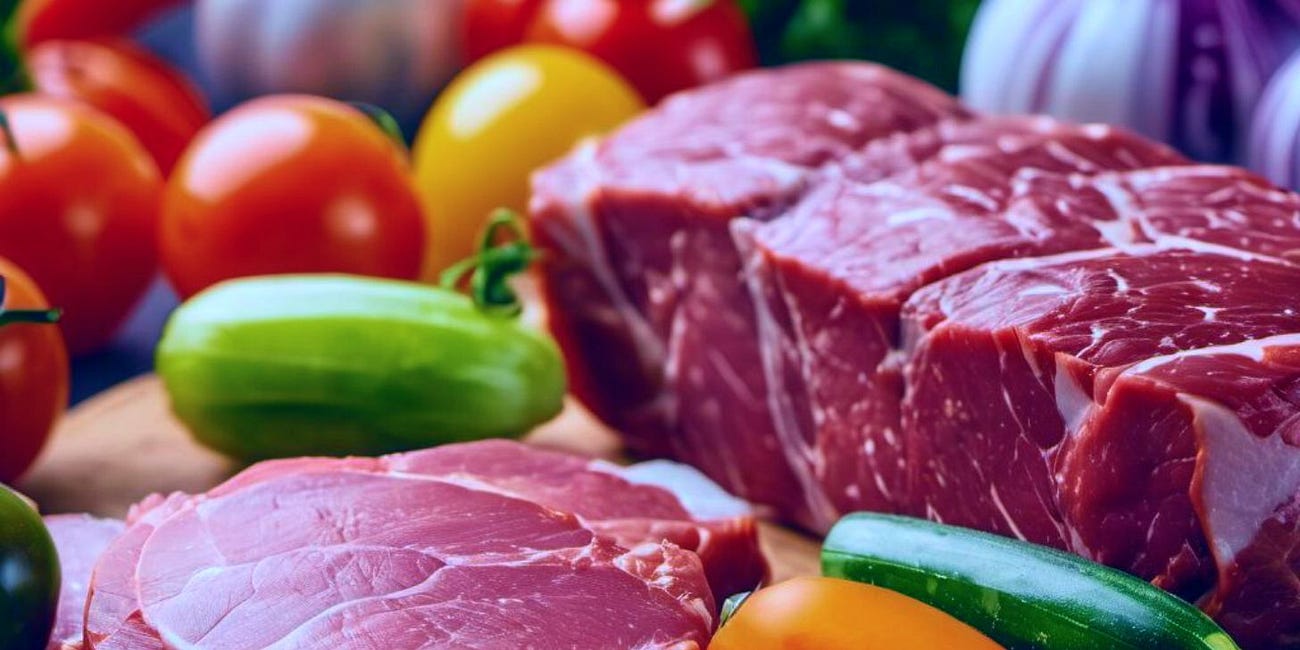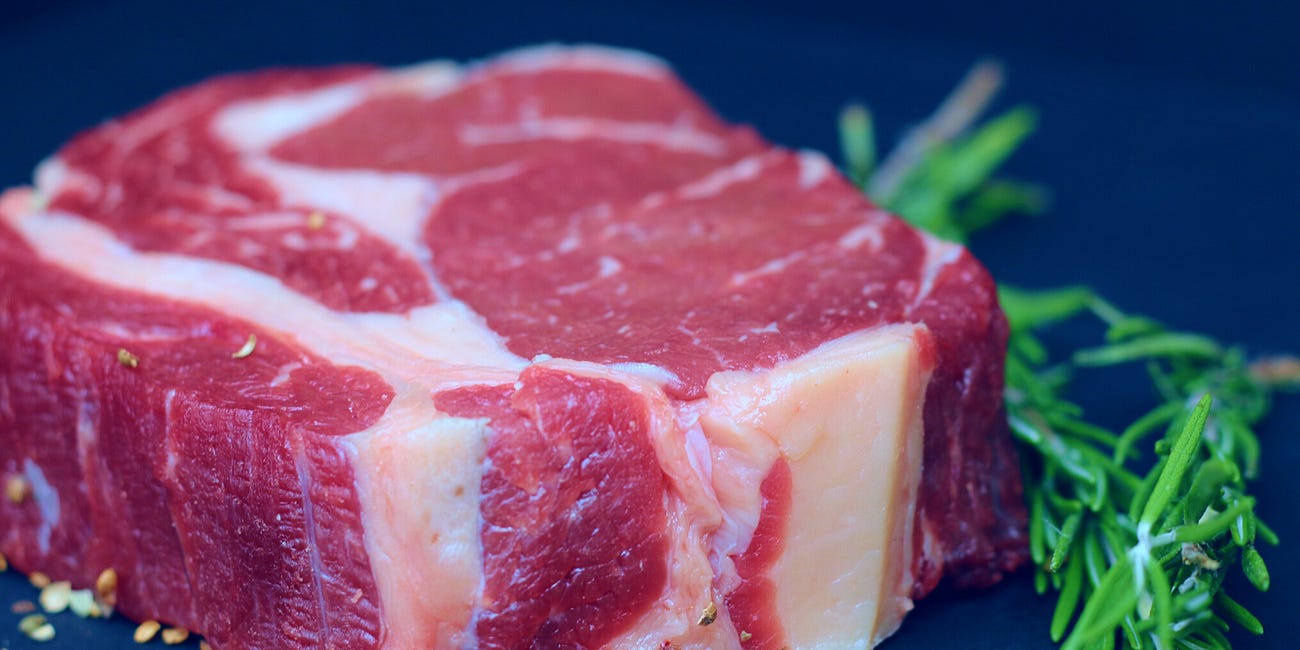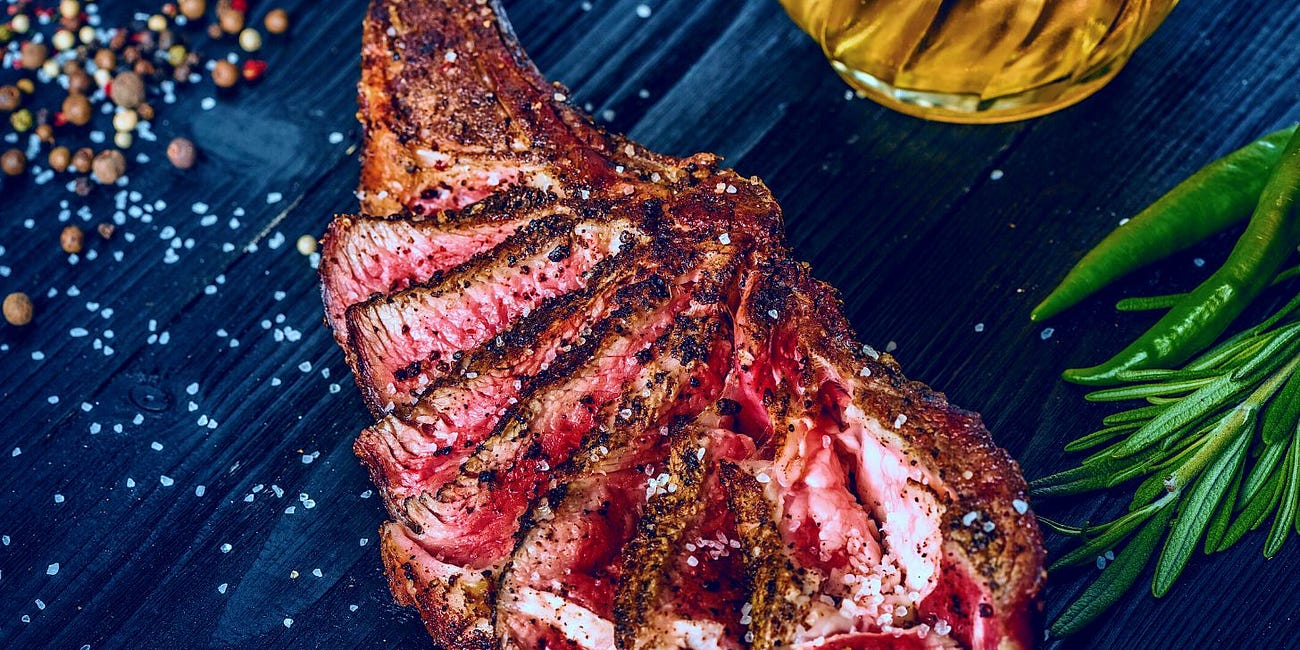Twice-Weekly 36-Hour Intermittent Fasting Decreases Hunger, Quadruples Fat-Burning Chemicals in Body, Maintains Weight Loss: Journal 'Cureus'
Female subject lost 12% of her starting weight.
A case report published this month in Cureus reveals that twice-weekly intermittent fasting (IF) reduces the sensation of hunger, increases fat-burning ketones in the body, and produces longer-lasting weight loss.
Follow Jon Fleetwood on Instagram @realjonfleetwood / Twitter @JonMFleetwood
Intermittent fasting is an eating pattern that cycles between periods of fasting and eating.
Generally, intermittent fasting involves consuming meals within a specific time window each day and fasting for the remaining hours.
The case report describes a single female subject who carried out an IF protocol over 574 days (82 weeks).
She practiced a near-absolute 36-hour fast on two nonconsecutive days per week, Tuesday and Friday.
This presumably means she would fast for 36 hours, then eat normally for the remaining 5 days of the week, before fasting for another 36 hours the following week.
Her schedule could have looked something like this:
Monday: Normal eating. Start fasting at 8 PM.
Tuesday: All day fasting.
Wednesday: Break the fast at 8 AM. Normal eating for the rest of the day.
Thursday: Normal eating. Start fasting at 8 PM.
Friday: All day fasting.
Saturday: Break the fast at 8 AM. Normal eating for the rest of the day.
Sunday: Normal eating.
The 82-year-old subject followed a Mediterranean dietary pattern on the non-fasting days.
The case report details her dietary intake, which was surprisingly carbohydrate- and sweet-heavy, raising questions as to whether a more protein- and fat-centric diet would have produced more weight loss in less time:
A review defining this diet indicated that it contained three to nine servings of vegetables, half to two servings of fruit, one to three servings of cereals, and up to eight servings of olive oil daily. The diet on four eating days closely matched the proposed foods. Breakfasts included baked oatmeal with apples and sour cream or kefir, nuts (almonds, hazelnuts, walnuts), pancakes with berries, and cottage cheese crepes sweetened with Stevia. On one day, it was a vegetable omelet. The beverage was coffee with milk or tea. Lunch was Swiss cheese or canned tuna fish on toast with avocado, onion, and tomato, or homemade bone or bean soups. Dinners included two cups of mixed salad with olive oil and vinaigrette dressing, brown rice, a green vegetable, and chicken or fish (salmon, cod, tilapia). Apples, grapes, pineapple, mango, nuts, occasional dark chocolate, cookies, or home-baked pies were eaten for dessert. The beverage was tea or coffee with milk. Meals were eaten at 07:00, 12:00, and 16:30 hours. On Tuesday and Friday fasting days, the total energy allotment was 87 kcal to 97 kcal. It consisted of a 110-112 g slice of cantaloupe (about 40 to 50 kcal) and three hazelnuts (9 kcal/1.25 g nut, 85% fat, each) divided into three meals. The breakfast beverage was 125 ml of low-sugar orange juice containing 5 g of sugar (20 kcal), while green tea or water was consumed at other times.
Follow Jon Fleetwood on Instagram @realjonfleetwood / Twitter @JonMFleetwood
After 82 weeks, the subject lost a total of approximately 19 lbs (12.1% of her starting weight) at a rate of about a quarter of a pound per week.
About 5 lbs of the total weight loss was fat.
The IF protocol also instigated “a slightly lower sensation of hunger” in the patient.
Moreover, the case report found that 36 hours of fasting quadruples the production of the fat-burning ketone ß-hydroxybutyrate (BHB) within the body.
BHB serves as an alternate fuel for the brain, heart, skeletal muscle, and kidney when sugar in the blood declines.
The ketone activates gene networks that turn on fat metabolism as well as enzymes that promote energy mobilization and utilization.
BHB also elicits sirtuin 1 release, a regulator of the aging process, and increases stress resistance while suppressing inflammation.
“BHB concentration after 36 hours of near-absolute fast was 0.66 ± 0.07 mM/L, 4.4 times higher than the 0.14 ± 0.02 mM/L measured after the 12-hour overnight fast on non-fasting days,” the report reads.
BHB concentration was 17.3 times higher than on free-feeding days, the case report notes.
The IF protocol maintains lost body mass without an increase in hunger, “so long as it continues to be practiced,” the case report authors explain.
Continuous practice of the protocol “allows sustained weight loss and maintenance of lost weight with diminished hunger for as long as it is implemented.”
Follow Jon Fleetwood on Instagram @realjonfleetwood / Twitter @JonMFleetwood
Cancer-Linked Fat Loss Drug Ozempic (Semaglutide) to Be Given to U.K. 6-Year-Olds: Read FDA Package Insert
Hundreds of U.K. children as young as six will be receiving the powerful injectable weight loss and type 2 diabetes treatment drug Ozempic (Semaglutide), which is tied to cancer, death, strokes, fertility complications including miscarriages, and heart, pancreas, kidney, and gallbladder diseases.
100 Grams of Protein Post Workout Results in 'Greater and More Prolonged Anabolic Response' Compared Just 25 Grams: Journal 'Cell Reports Medicine'
A December study published in Cell Reports Medicine confirms that ingesting 100 grams of protein after a workout produces better results than ingesting just 25 grams.
Vegetarians Suffer More COVID-19 Vaccine Adverse Reactions Than Meat Eaters: 'Journal of Family Medicine and Primary Care'
A study published last month in the Journal of Family Medicine and Primary Care confirms vegetarians suffer more adverse reactions following COVID-19 vaccination than meat eaters. The study looked at the adverse events following immunization (AEFI) with the ChAdOx1 nCoV-19 vaccine (Covishield) among healthcare workers of a medicine-teaching institution i…
Nutrient Found in Beef, Dairy Helps Fight Cancer: Journal 'Nature'
A peer-reviewed study published this month in the journal Nature has confirmed a nutrient found in beef and dairy foods improves immune response to cancer. The authors emphasize that nutrients derived from diet “are inextricably linked” to human physiology, as they provide the body with energy and biosynthetic building blocks, as well as functioning as r…
Harvard Psychiatrist Challenges Vegan Trend, Insists Meat Is Essential for Brain Health
In a striking blow to prevailing dietary trends that favor veganism, Dr. Georgia Ede, a nutritional and metabolic psychiatrist with training from Harvard, asserts that animal products are crucial for mental health.
'Meat-Free' Diet in Preschool Children Increases Obesity Risk: Journal 'Obesity Science & Practice'
A study published in August in the peer-reviewed scientific and medical journal Obesity Science & Practice has revealed that meat-free diets in schoolchildren are linked to higher rates of obesity.











If we link this fasting in prayer it will be beyond beneficial. Overall good tips for fasting